Pakistan’s reported plans to acquire 40 units of the Shenyang Aircraft Corporation (SAC)-produced fifth-generation J-35A fighter jets exemplify the deepening of its military ties with China. China already serves as Pakistan’s leading supplier of military equipment.
Imports from China accounted for 82 per cent of Pakistan’s total arms imports between 2019 and 2023. The J-35A fighter deal was plausibly catalysed by the prevailing geopolitical dynamics in the region. These are essentially marked by the border tensions along the Line of Actual Control (LAC) between India and China since 2020, the Taliban’s takeover of Afghanistan in 2021, and the broader context of the US-China strategic rivalry.
The purported deal to procure Chinese aircraft followed a visit by the Vice Chairman of China’s Central Military Commission, General Zhang Youxia, to Pakistan in November, during which private discussions were reportedly held with Pakistan’s Chief of Army Staff, General Asim Munir.
China’s expanding military support is set to enhance Pakistan’s defence capabilities, solidifying its role as a strategic ally in the Indian subcontinent, where India exerts competing influence. A stronger Pakistani military serves to align with Beijing’s broader interests in counterbalancing New Delhi’s clout in the region.
Technology transfer between China and Pakistan has been critical to their defence collaboration. For instance, the two sides are engaged in the joint development of the JF-17 Thunder fighter jets, involving significant sharing of aviation technology. China has also provided advanced missile systems like the Shaheen and Ghauri ballistic missiles and naval assets like the Type 041 submarines, along with related technological expertise.
Procurement of the Chinese-made J-35A fighter jets will substantially bolster the Pakistan Air Force’s (PAF) capacity. The PAF currently appears to be working towards modernising its aerial assets and operational effectiveness. A key part of this entails replacing its fleet of US-made F-16s and French Mirage fighters. As a fifth-generation stealth fighter, the J-35 incorporates advanced stealth technology, reducing its radar cross-section and thereby allowing the aircraft to conduct operations with a lower risk of detection by enemy defences.
Quick Reads
View AllFurther, the J-35’s advanced armament, including medium-range air-to-air missiles and supersonic air-to-surface missiles, boosts its versatility across various profiles. The aircraft’s reported focus on network integration will enable real-time data sharing in warfare dynamics. Should the sale be carried through, the integration of the aircraft in PAF’s fleet could provide an impetus to its deterrent posture while also positioning it more competitively against regional rivals.
Although the J-35A fighter jets offer advanced stealth technology, enhancing the PAF’s aerial capabilities, they will nonetheless face significant competition from the Indian Air Force’s (IAF) advanced assets. The French-made Rafale jets are known for their versatility, and the Russian SU-30MKIs for their extended combat range. Islamabad will be required to address the operational and technical disparities to effectively counterbalance the IAF’s capabilities, ensuring that the J-35’s integration aligns with broader strategic goals.
That said, the sustenance of the aircraft will further burden the already constrained Pakistani economy, despite a substantial allotment of the national defence budget. The 2024–2025 defence budget of approximately $7.64 billion marks a 14.5 per cent rise over the previous year. However, this apparent expansion is essentially driven by persistently high inflation, which has eroded the real value of defence spending. This reduction in purchasing power underlines the economic challenges in financing ambitious procurements, such as the J-35, without further straining fiscal resources.
An additional allocation of approximately $1.44 billion to the Armed Forces Development Programme (AFDP) informs Pakistan’s commitment to military modernisation, including the procurement of advanced technologies like the J-35. However, operational costs, pilot training, and maintenance, including access to spare parts for the J-35, will require consistent financial outlays.
Additionally, the long-term viability of this acquisition hinges on China’s willingness to provide sustained logistical and technical support, given Pakistan’s continued reliance on international financial assistance. Pakistan’s high levels of debt and continued reliance on International Monetary Fund (IMF) programs indicate its need for additional support from allied nations like China and Saudi Arabia or deferring other defence expenditures to afford the J-35A acquisition.
Overall, the strengthening of military collaboration between China and Pakistan may compel India to further diversify its defence partnerships with Western nations, such as the US, France, and Israel, inevitably setting off an arms race in the region. As India seeks fortification and self-reliance in its military capabilities, demonstrated by agreements like the collaboration between General Electric and Hindustan Aeronautics Limited to manufacture fighter jet engines in India, it will likely pursue advanced technologies and aircraft to match or exceed the capabilities of its regional competitors. Unlike Pakistan’s dependence on China, India’s diversification informs its efforts to improve strategic autonomy as it seeks to reduce dependence on traditional defence partners, such as Russia.
Simultaneously, the US will likely view the deal as a challenge to its interests in the Indian subcontinent in light of its rivalry with China. To that end, the US could expedite and expand defence agreements with India while targeting Pakistan’s ballistic missile and nuclear programs with sanctions. This was recently demonstrated by Washington imposing sanctions on Pakistan’s ballistic missile program on December 18, 2024, targeting entities involved in the proliferation of weapons of mass destruction and their delivery systems. Collectively, these developments suggest how the US will continue to view Pakistan primarily through a lens of strategic calculations, first in the context of Afghanistan and now in relation to its rivalry with China.
Aishwaria Sonavane is a Research Analyst for Pakistan Studies at the Takshashila Institution. Her expertise lies in militancy, foreign affairs, security, and defense, with a broader regional focus on Afghanistan, India, and Pakistan. Views expressed in the above piece are personal and solely those of the author. They do not necessarily reflect Firstpost’s views.


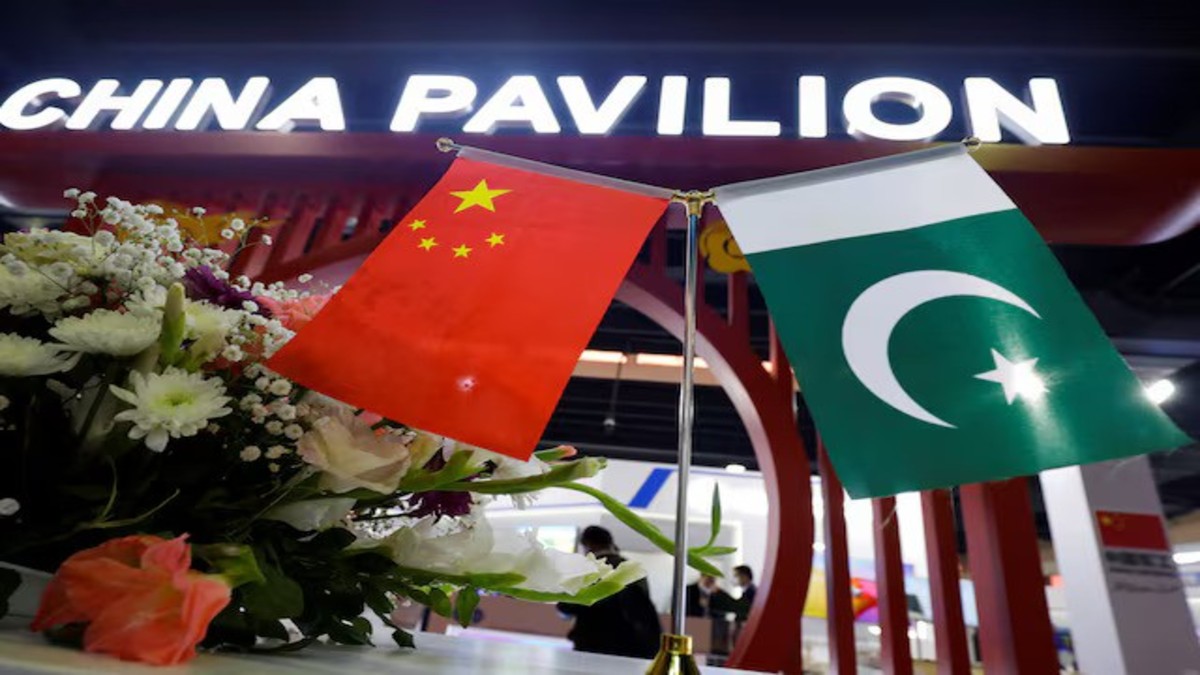)
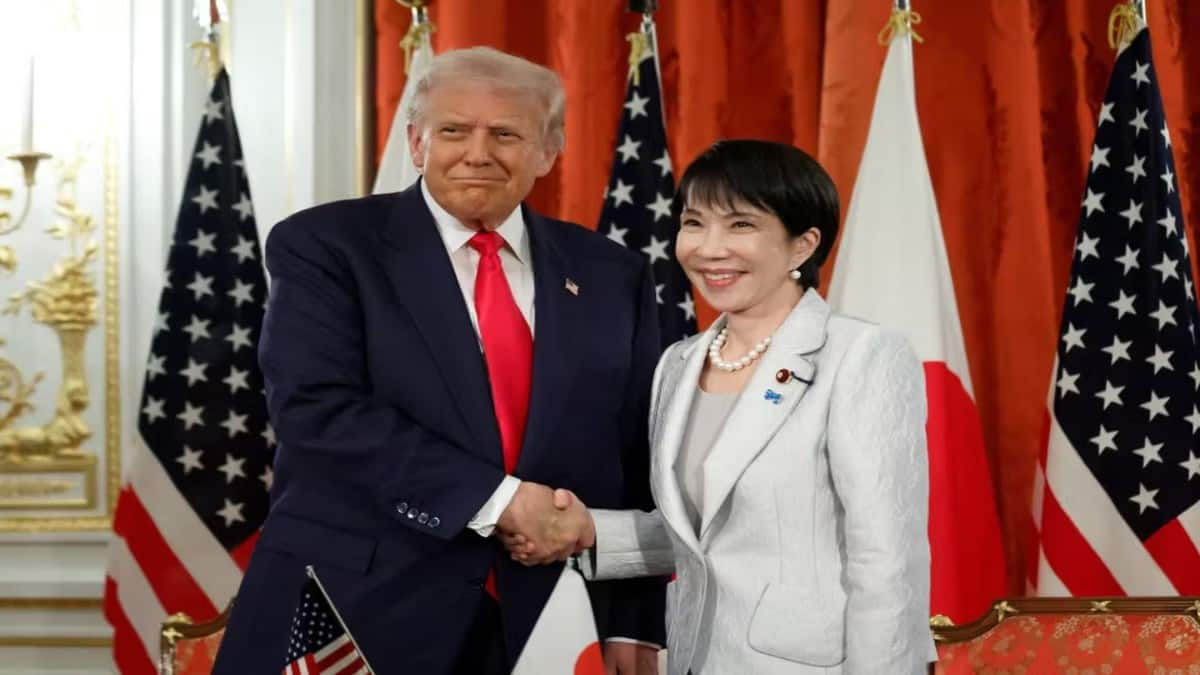
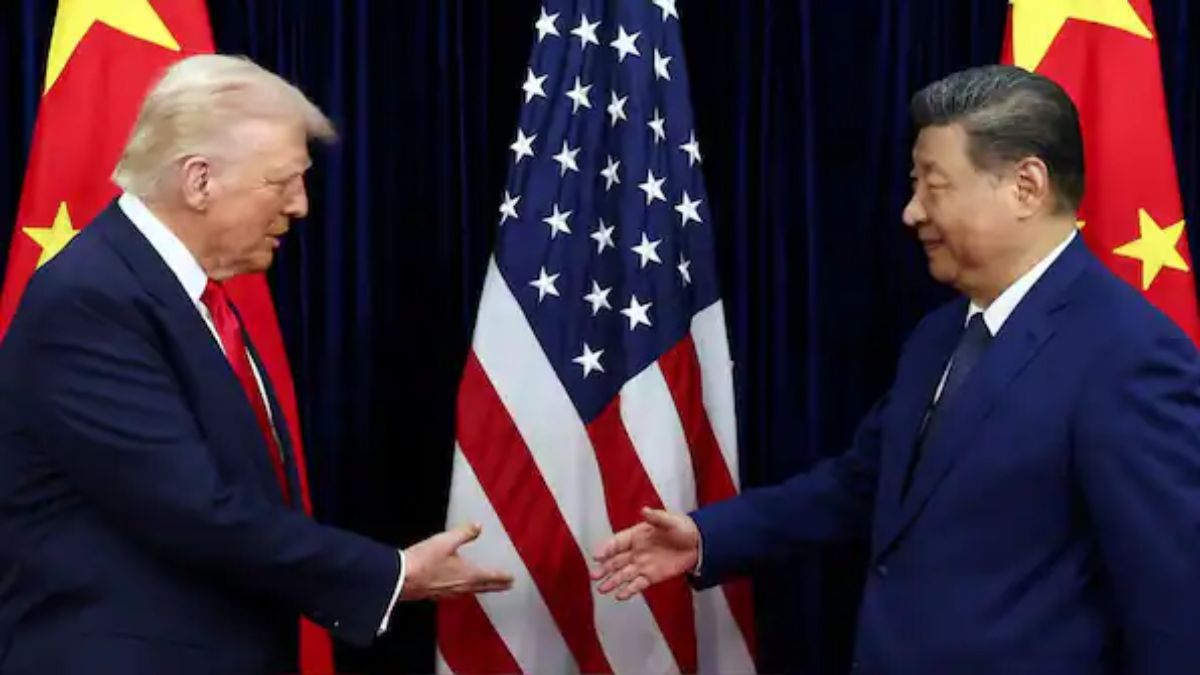)
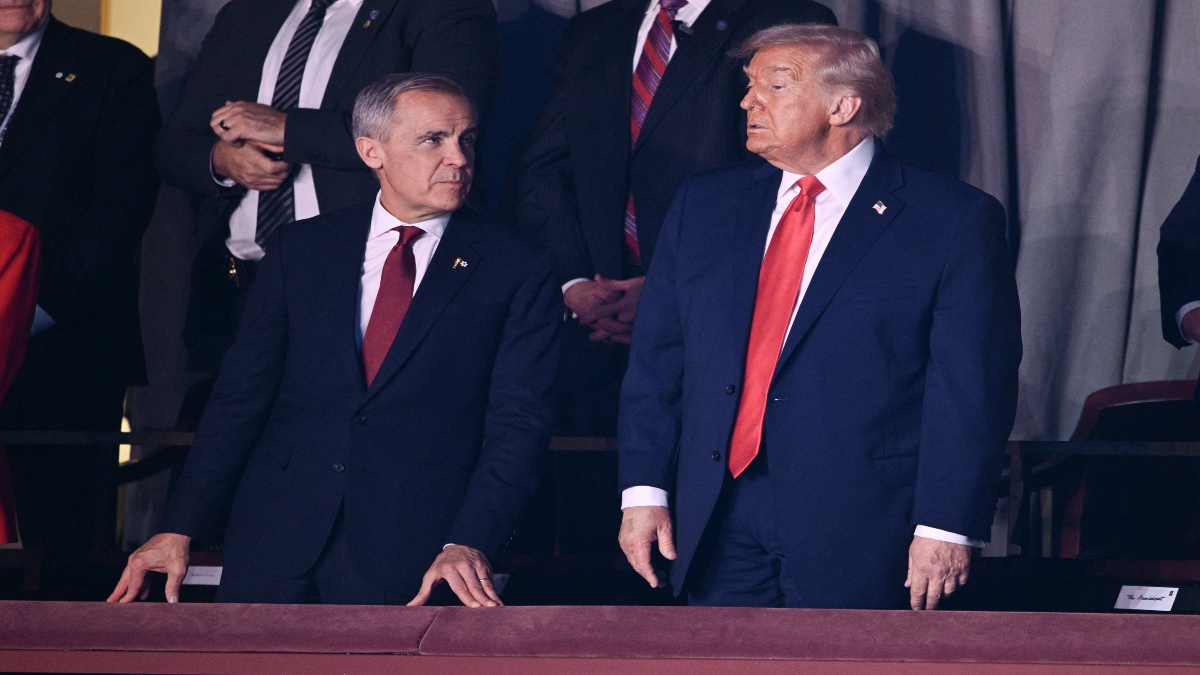)
)
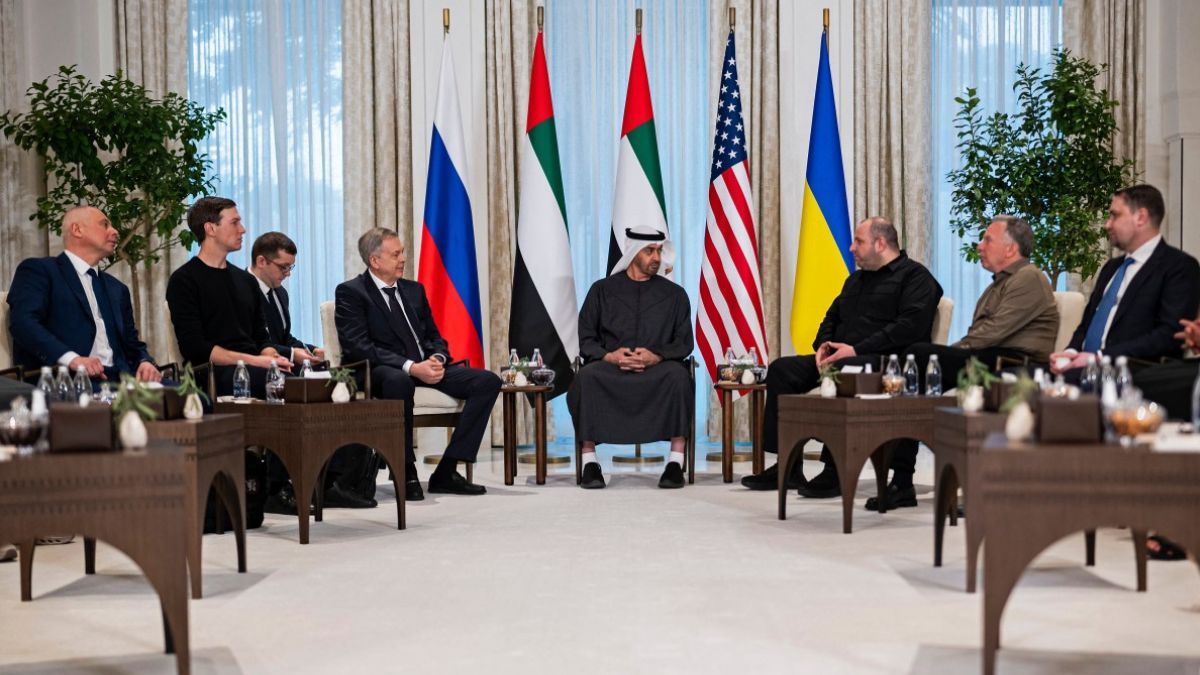)
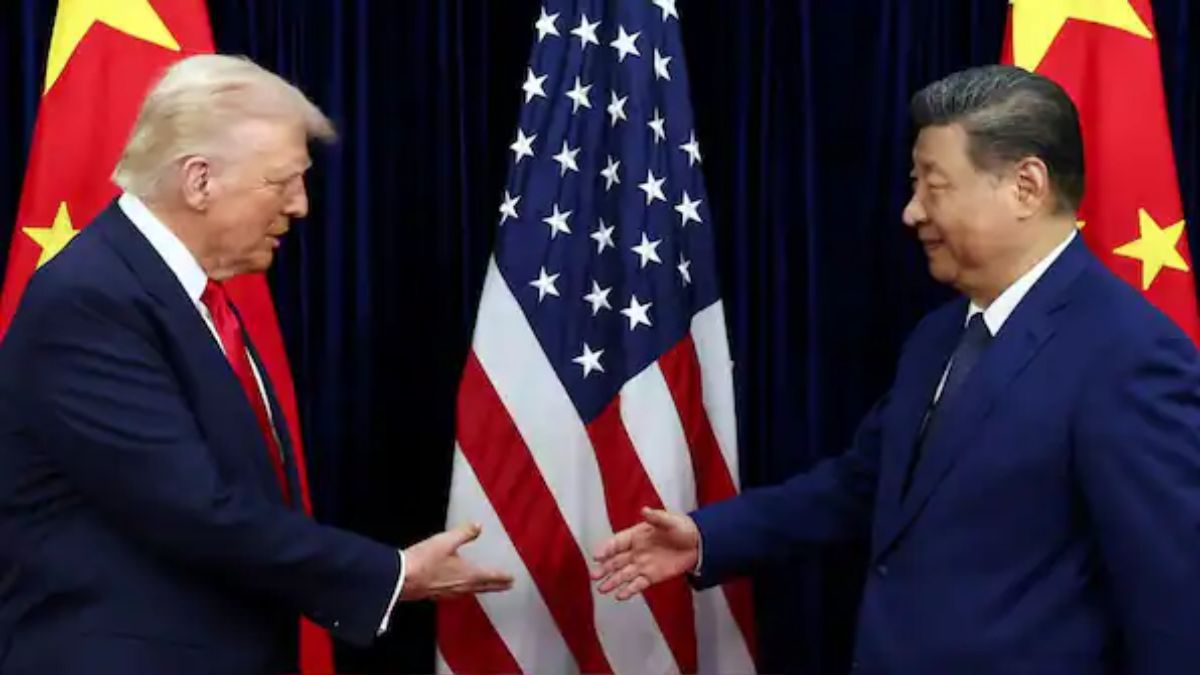)
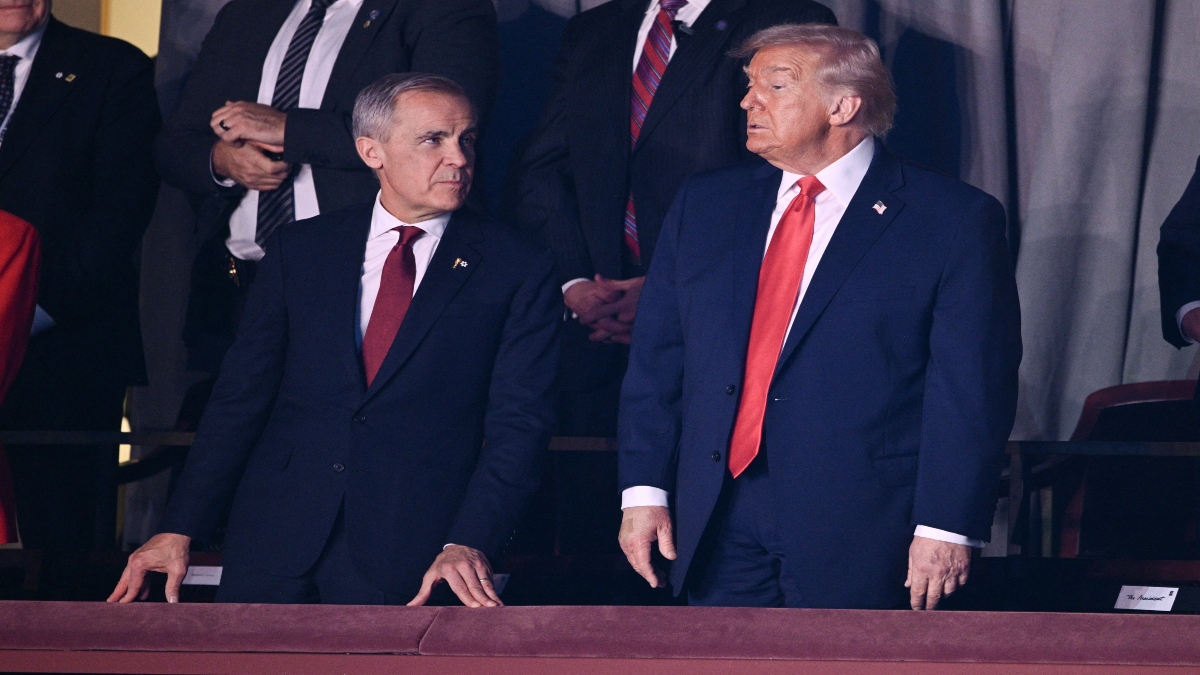)
)
)



